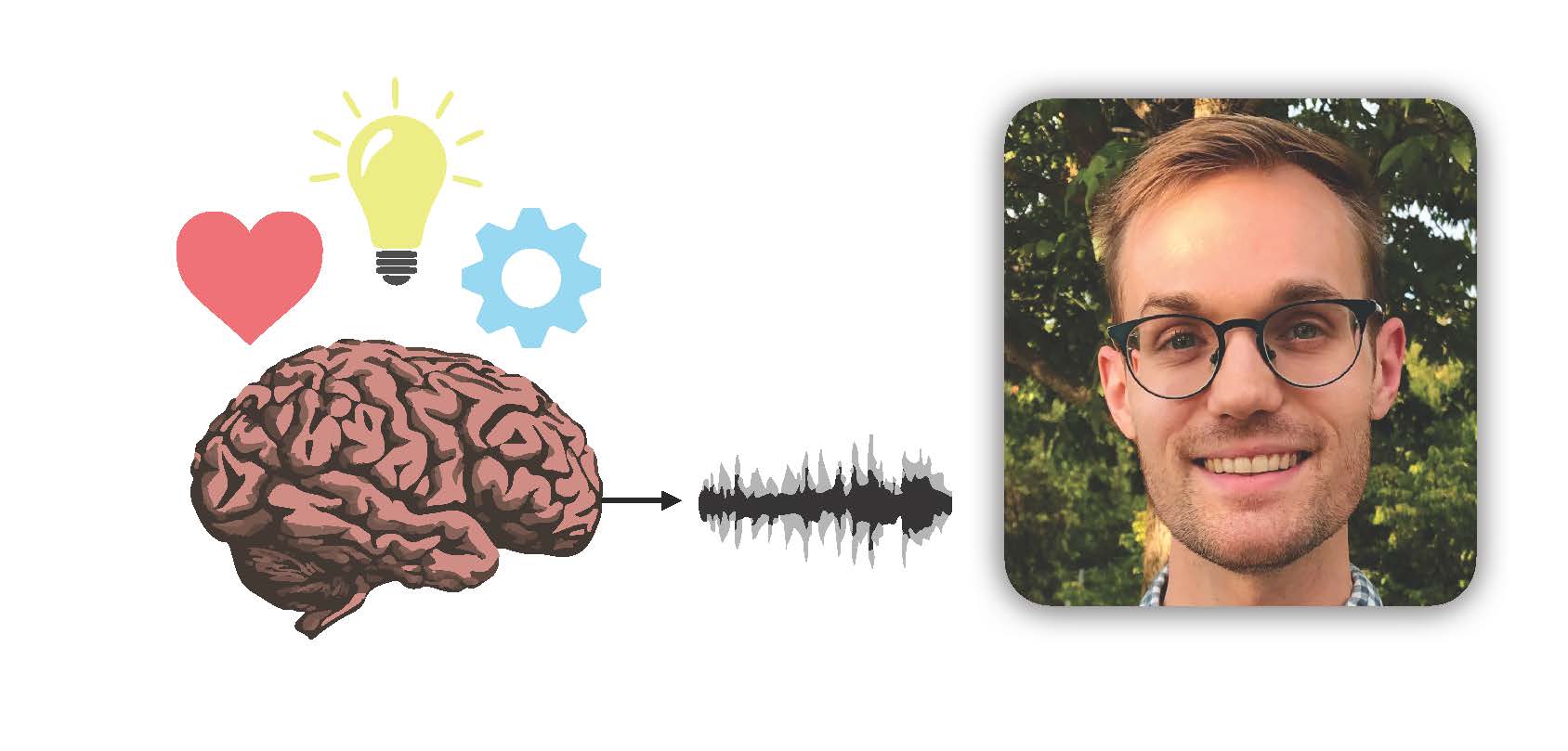
Computational sociolinguistics: How lexical meaning is dynamically constructed across partners and communities
University of Wisconsin-Madison Robert D. Hawkins
February 8, 2024 · 4:30 pm—6:00 pm · Louis A. Simpson International Building room A71
Program in Linguistics

Why do we use language differently with different partners? In this talk, I will argue for a computational approach to sociolinguistics, which formalizes the obstacles standing in the way of effective communication and explains how people construct shared meaning to achieve their communicative goals with different audiences. Specifically, I’ll present a computational model of partner-specific coordination and convention via hierarchical Bayesian inference — using feedback from a partner to update one’s beliefs about what is meaningful to them. I test predictions of the model in two natural-language communication experiments where participants are grouped into small communities for a referential communication task. Finally, I’ll discuss ongoing work exploring broader implications across four areas: (1) code-switching and the relationship between language and social identity, (2) neural mechanisms of common ground in a hyper scanning study, (3) developmental trajectories of sociolinguistic competence, and (4) artificial agents that can flexibly construct meaning with human partners.
Robert Hawkins is an Assistant Professor of Psychology & Language Sciences at the University of Wisconsin-Madison. He received his PhD in Psychology from Stanford University in 2019, and worked as a postdoctoral fellow at the Princeton Neuroscience Institute before starting his own lab. His work has received multiple awards in cognitive science and computational linguistics, including Best Paper awards at EMNLP and NeurIPS in 2022 and the Cognitive Science Society Prize for Computational Modeling in Language in 2020.















